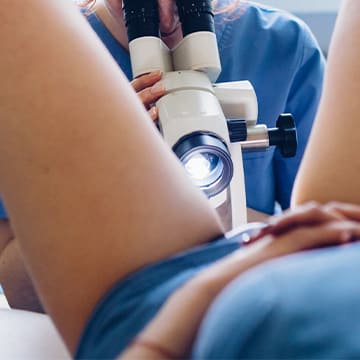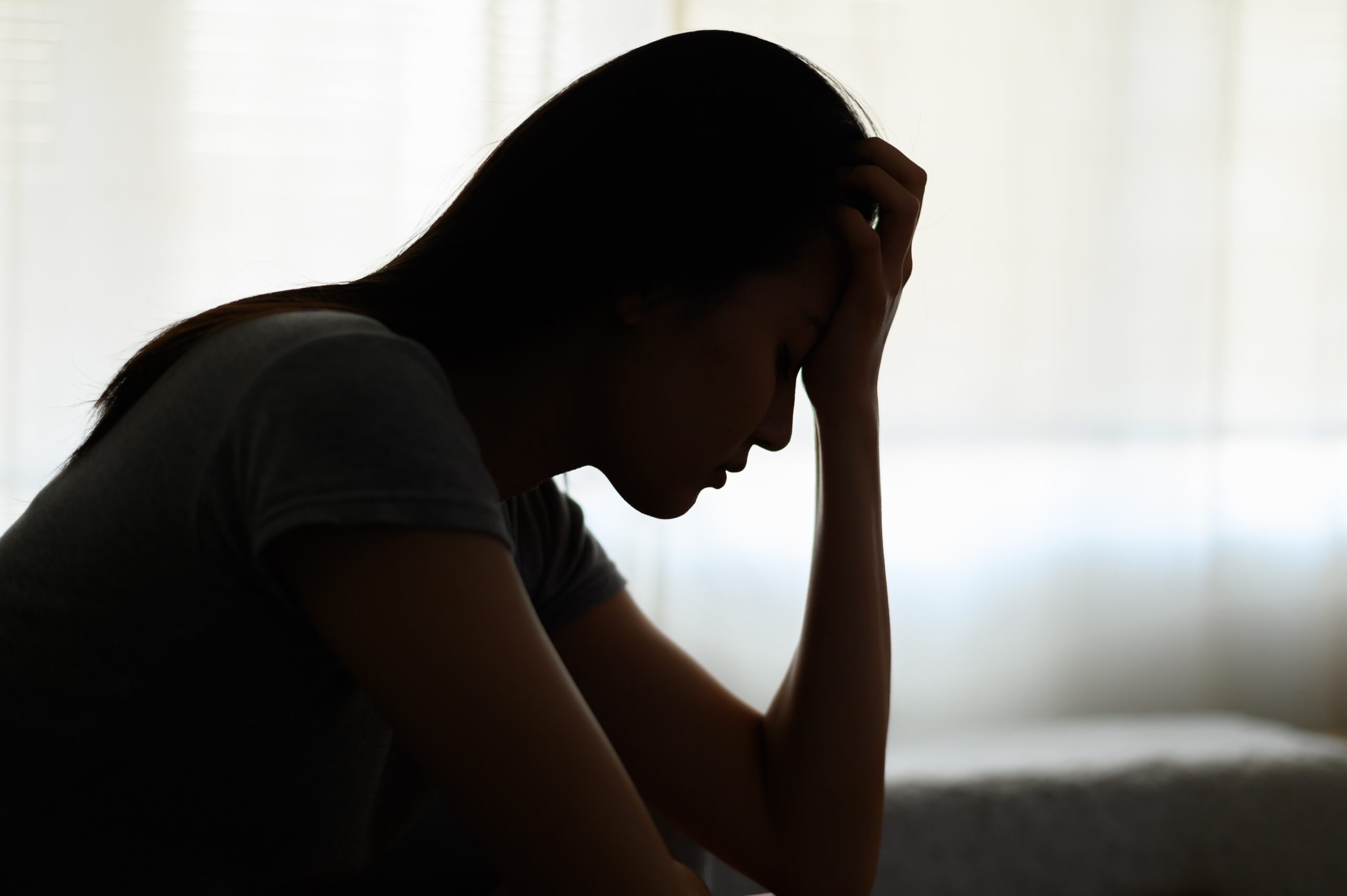
QUICK LINKS

What is a Colposcopy?
A colposcopy is a procedure done to examine the cervix, vagina, and vulva to detect disease. This test is usually performed if your Pap smear test results are abnormal, your cervix appears abnormal during a pelvic exam, you are experiencing unexplained bleeding, or you have human papillomavirus (HPV).
“I highly recommend Dr. Tepper!He is highly professional, experienced, and calming. My pregnancy and birth were such a positive experience thanks to him and his lovely staff at the clinic.”
SEE MOREColposcopy can be used to diagnose the following:
- Inflammation of the cervix.
- Genital warts.
- Precancerous changes in the tissues of the cervix, vagina, or vulva.
The Colposcopy Procedure
Prior to this test, your doctor may recommend that you take the following steps to prepare:
- Avoid scheduling your test during your period.
- Do not use tampons in the days leading up to a colposcopy.
- Avoid vaginal intercourse before your test.
- Avoid the use of vaginal medications for two days before your exam.
This exam is similar to a Pap smear, with the main difference being that Dr. Tepper uses a special magnifying tool called a colposcope. To begin the test, you will lie on your back on the exam table, and your feet will be placed in stirrups. A tool called a speculum will then be placed into your vagina to make the cervix more visible. The colposcope instrument will then be positioned along with a bright light for improved visualization of the cervix. This area will be swabbed, and a vinegar solution may be applied to the area to highlight any suspicious-looking cells. If an area appears suspicious, Dr. Tepper may take a biopsy or a small sample of tissue which will be sent to a lab for review. Overall, this test typically takes 5-10 minutes to complete.

MEET DR. ALEX TEPPER
Welcome to my practice. Let me introduce myself and my practice philosophy. I am a board certified OB/GYN in practice for over 20 years and have been a solo-practitioner on the Upper East Side of Manhattan since 2000. All deliveries are performed at The Mount Sinai Medical Center where I went to medical school and at Lenox Hill Hospital.
Colposcopy Results
After your colposcopy, you won’t have any restrictions regarding activity. However, you may experience some vaginal or vulvar discomfort for the next couple of days, light bleeding, or a dark-colored discharge. It is also advised that you avoid the use of tampons and vaginal intercourse for the week following your test. Dr. Tepper will contact you to go over your test results and determine if any further testing is needed.
BOOK AN APPOINTMENT
Whether you are a new or returning patient, Dr. Tepper can assess your concerns and discuss your options to find the most comfortable and convenient care for you. To get started, call our office to set up an appointment.
CALL FOR APPOINTMENTContact Us to Learn More
For more information regarding the colposcopy test and to schedule an appointment with Dr. Tepper, contact our New York office today. Our friendly staff will be happy to assist you!
Frequently Asked Questions
Can a colposcopy detect cancer?
Can you fly after colposcopy?
Can you have colposcopy on period?
Are you awake for a colposcopy?
Can I go back to work after a colposcopy?
Can I lift weights after colposcopy?
How many biopsies are taken during a colposcopy?
Can I shower before a colposcopy?
Does a colposcopy get rid of HPV?
How long does a colposcopy appointment take?
What to expect after a colposcopy?
Can you eat or drink before a colposcopy?
Can you go in a hot tub after a colposcopy?
What happens if a colposcopy is abnormal?
What is a colposcopy looking for?
Our Blog

Preterm Labor: Are You At Risk?

Postpartum Depression: Symptoms, Causes, and Treatments



